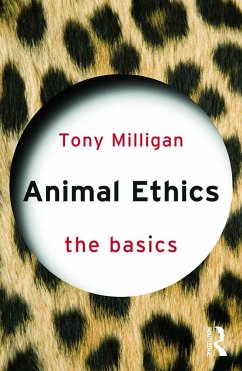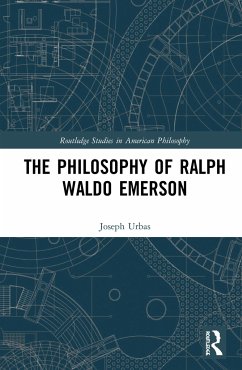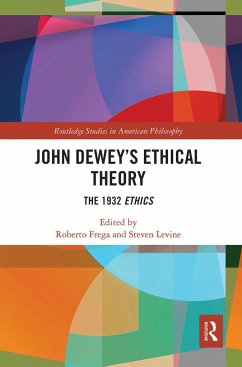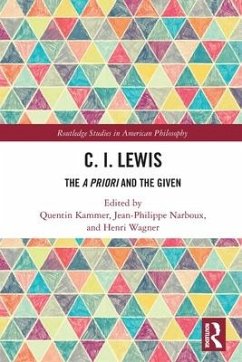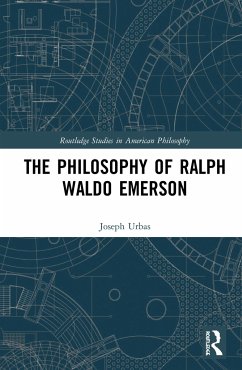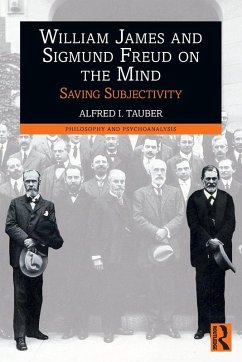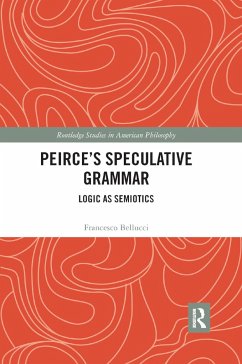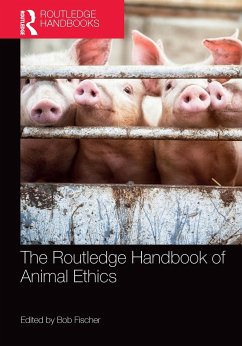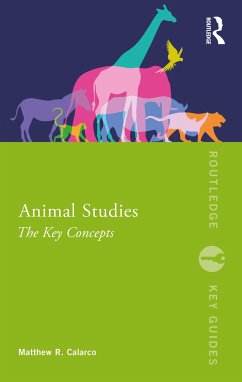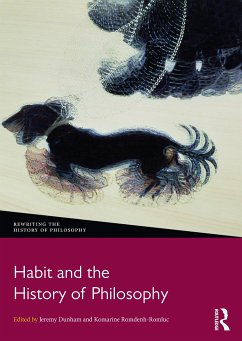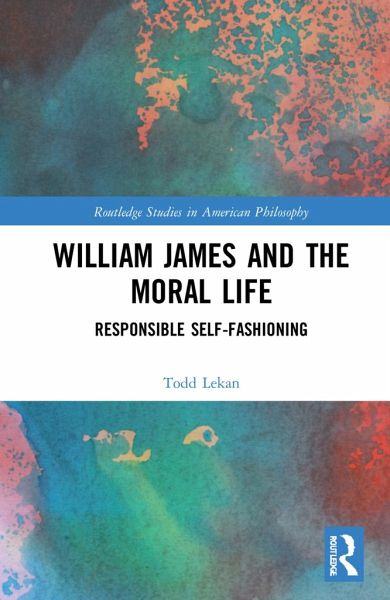
William James and the Moral Life
Responsible Self-Fashioning
Versandkostenfrei!
Versandfertig in 6-10 Tagen
154,99 €
inkl. MwSt.
Weitere Ausgaben:

PAYBACK Punkte
77 °P sammeln!
This book offers a compelling new interpretation of James' moral philosophy: an "ethics of responsible self-fashioning." James' performative writing style articulates this conception by showing how moral inquiry serves both social and personal transformation.James the social moral philosopher seeks to create an inclusive moral order through expansion of sympathetic concern among those committed to different ideals. James the existential moral philosopher defends the right to adopt hope-grounding metaphysical beliefs which encourage strenuous moral action in the face of evil and suffering. The ...
This book offers a compelling new interpretation of James' moral philosophy: an "ethics of responsible self-fashioning." James' performative writing style articulates this conception by showing how moral inquiry serves both social and personal transformation.
James the social moral philosopher seeks to create an inclusive moral order through expansion of sympathetic concern among those committed to different ideals. James the existential moral philosopher defends the right to adopt hope-grounding metaphysical beliefs which encourage strenuous moral action in the face of evil and suffering. The power of James' ethics is demonstrated by its application to current discussions about the status of marginalized nonhuman animals and that of the cognitively disabled.
William James and the Moral Life is of interest to a wide variety of ethicists and has special appeal to scholars and advanced students in moral philosophy, social philosophy, pragmatism, and American philosophy.
James the social moral philosopher seeks to create an inclusive moral order through expansion of sympathetic concern among those committed to different ideals. James the existential moral philosopher defends the right to adopt hope-grounding metaphysical beliefs which encourage strenuous moral action in the face of evil and suffering. The power of James' ethics is demonstrated by its application to current discussions about the status of marginalized nonhuman animals and that of the cognitively disabled.
William James and the Moral Life is of interest to a wide variety of ethicists and has special appeal to scholars and advanced students in moral philosophy, social philosophy, pragmatism, and American philosophy.





